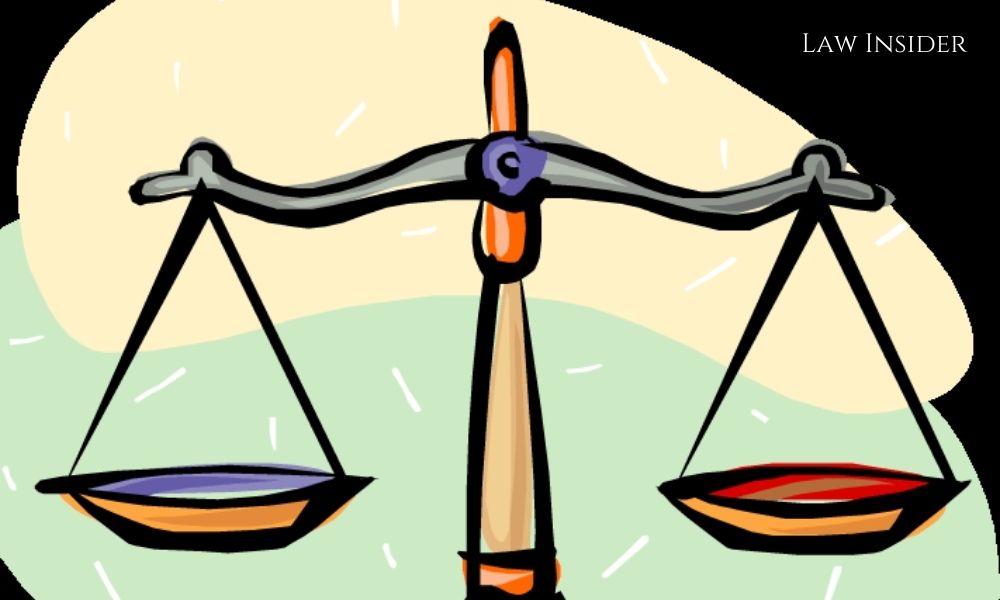Tanya Gupta
Published on: March 14, 2022, at 13:50 IST
In the case of Sagar Vs State of Uttar Pradesh, the Supreme Court observed that the power of Trial Court Under Section 319 of Code of Criminal Procedure (CrPC) to proceed against those persons who have not been Chargesheeted as Accused is an Extraordinary and a Discretionary Power.
These Powers should be exercised in a Cautious manner and only in those cases as required by circumstances.
The ambit of Section 319 of the Code has been well observed by the Constitutional Bench of the Supreme Court in Hardeep Singh Vs State of Punjab and Others, a Division Bench of Justices Abhay S Oka and Ajay Rastogi observed.
The Court stated,
“The Constitution Bench has given a Caution that Power under Section 319 of the Code is a Discretionary and Extraordinary Power which should be Exercised sparingly and only in those cases where the Circumstances of the case so Warrant and the Crucial Test as noticed above has to be applied is one which is more than Prima Facie case as exercised at the Time of Framing of Charge, but short of satisfaction to an extent that the Evidence, if goes Unrebutted, would lead to Conviction.”
Section 319 of Code of Criminal Procedure Empowers the Trial Court to begin Proceedings against the Persons whom the Court, from the Evidence acquired from the Course of Inquiry Believes to have Committed the Offence even when not being Accused.
An Application filed by the Complainant seeking to Summon the Appellant under Section 319 of the Code of Criminal Procedure as Accused to face Trial in a Murder Case was Rejected by the Trial Court.
The Trial Court while Rejecting the Application observed that neither the Complainant who was an Eyewitness to the Acts alleges the Act committed by the Appellant nor the Appellant’s Involvement is mentioned in the Chargesheet.
The Trial Court’s Ruling was Overturned by the Allahabad High Court which lead to the Present Appeal before the Apex Court.
The Supreme Court upheld its Decision in the Harshdeep case to use extreme caution while exercising this Extraordinary Power.
The Supreme Court’s Bench opined that the High Court failed to consider the Principles to be kept in mind while invoking Section 319 of the Code which was laid down by the Supreme Court while the Trial Court Succeeded in considering them.
Thus, the Supreme Court allowed the Appeal.
Also read:
Jurisdiction of Courts: Where can you file a suit?
Exclusion of Jurisdiction of Civil Court

